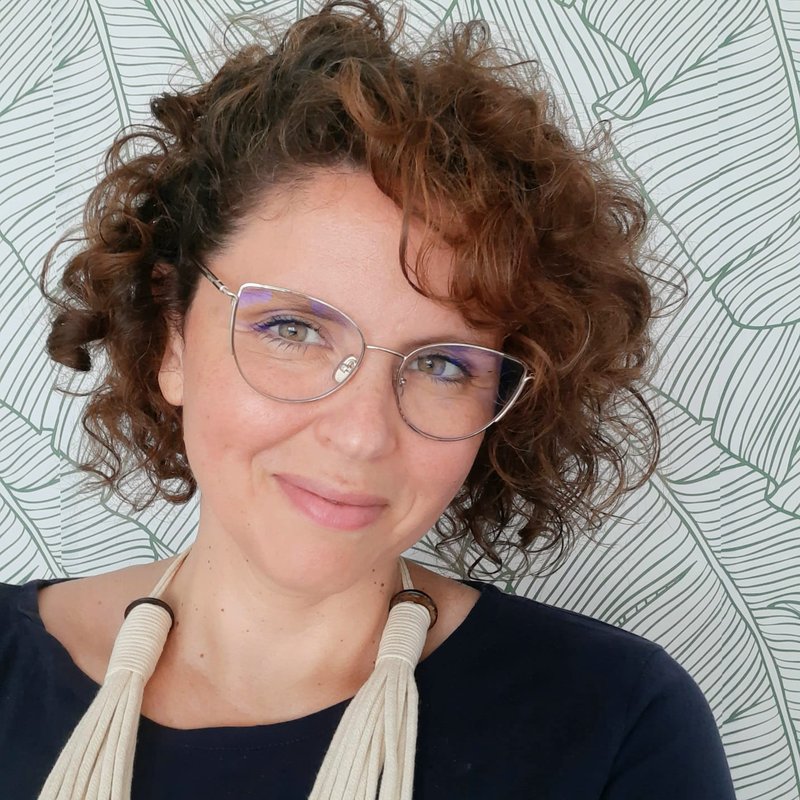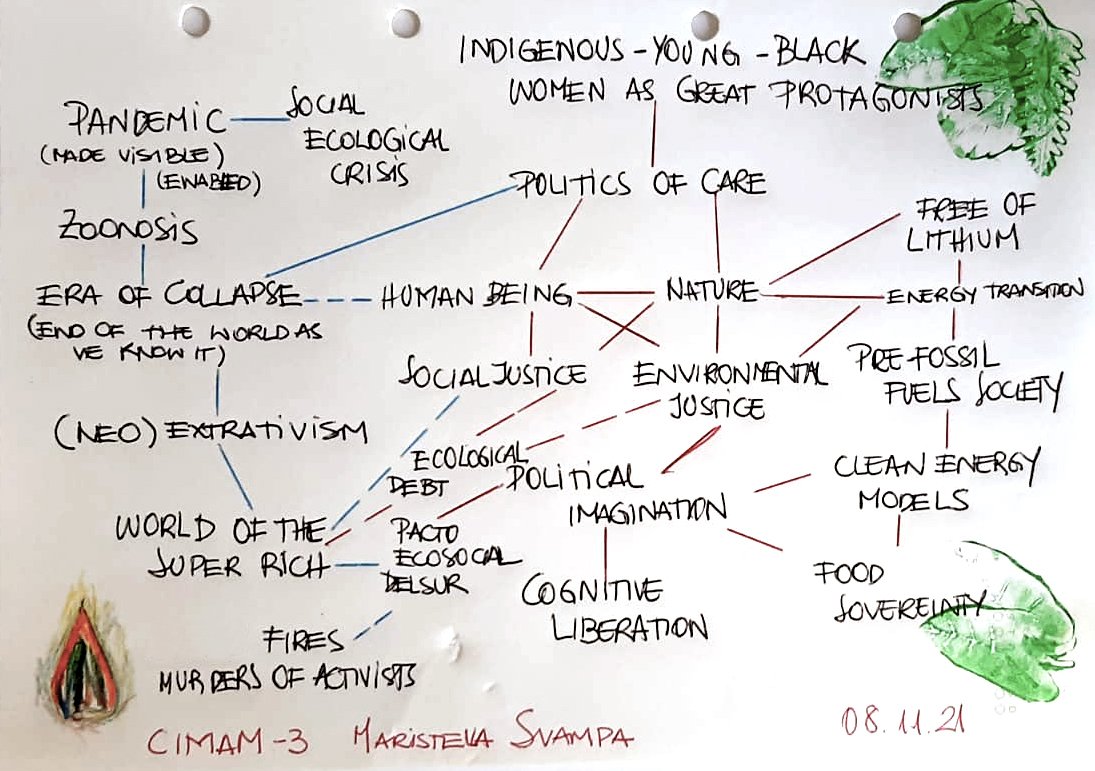Sabrina Moura de Araujo

In 2021, 50 contemporary art curators, researchers, and museum professionals from 32 different countries were awarded support to attend the CIMAM 2021 Annual Conference, in-person and online.
For the first time, and thanks to the generous support of The Getty Foundation who sponsored the virtual platform, 27 grantees attended the conference online, while 23 attended onsite.
Launched in 2005, CIMAM’s Travel Grant Program is designed to foster cooperation and cultural exchange between contemporary art curators and museum directors in emerging and developing economies and their counterparts in other regions of the world.
Sabrina Moura de Araujo's Conference Report
Why have the humanities taken so much time to acknowledge climate change? asked historian Dipesh Chakrabarty — author of The Climate of History in a Planetary Age (2021) — in his opening lecture at the CIMAM Annual Conference, held in Lodz (Poland). While arguing for a distinction between the globe and the planet — “as categories for two narratives of globalization and global warming” — Chakrabarty called for a connected perspective between both, as human and planetary-centric constructions.
As the conference developed, the debates unfolded into the specifics of museums in the agendas of climate and ecology. How can museums evolve into a planetary-encompassing program? What steps should be taken? How can museums further embrace the politics of care that became even more necessary with the pandemic?
This set of fundamental questions triggered discussions that positioned the museum as a site for political and ecological imagination and speculative practices in response to societal needs. This perspective was reinforced by many speakers who asked for the reevaluation of institutional alliances, the redistribution of resources, the reduction/reuse/recycling of materials used in exhibitions, ultimately leading to the rethinking of curatorial practice and collections management.

Such demands point to more profound structural changes, and acknowledge the acute relations between social crisis and climate crisis, social justice and environmental justice.
While global warming denial gains breath, the engagement in such discussions unveils tensions among opposing communities. In this sense, dialogue remains both a challenge and a necessity. During the conference, one of the most poignant examples of such an effort came from Hilke Wagner — director at the Albertinum Museum in Dresden (Germany). In her talk, Wagner recounted how, soon after assuming the director role at the Albertinum, the city of Dresden was at the peak of anti-migration demonstrations and far-right extremism. After facing threats and protests from the AfD (Alternative für Deutschland) party against the inclusive and multicultural programming being implemented, Wagner decided to host a dialogue series entitled “We need to talk” (2017) at the museum’s atrium. Even if, in her words, the conversations were extremely difficult, Wagner’s effort to debate with reactionary voices challenges simplistic narratives on political polarization.
After being at the 2019 CIMAM Conference, taking part in these debates in Poland gave me a sense of continuity, which reinforces one of the most important lessons taken from Australia. If we are to foster a vision of the museum as a place of knowledge production, we must advance nuanced and contextualized approaches to our programs. This includes, undoubtedly, careful thoughts on how to foster the museum as a space of political and ecological imagination, prepared to deal with the pressing issues of climate emergency and xenophobia that gave name to the 2021 conference.